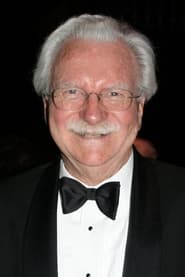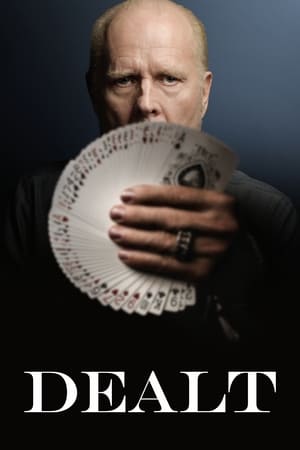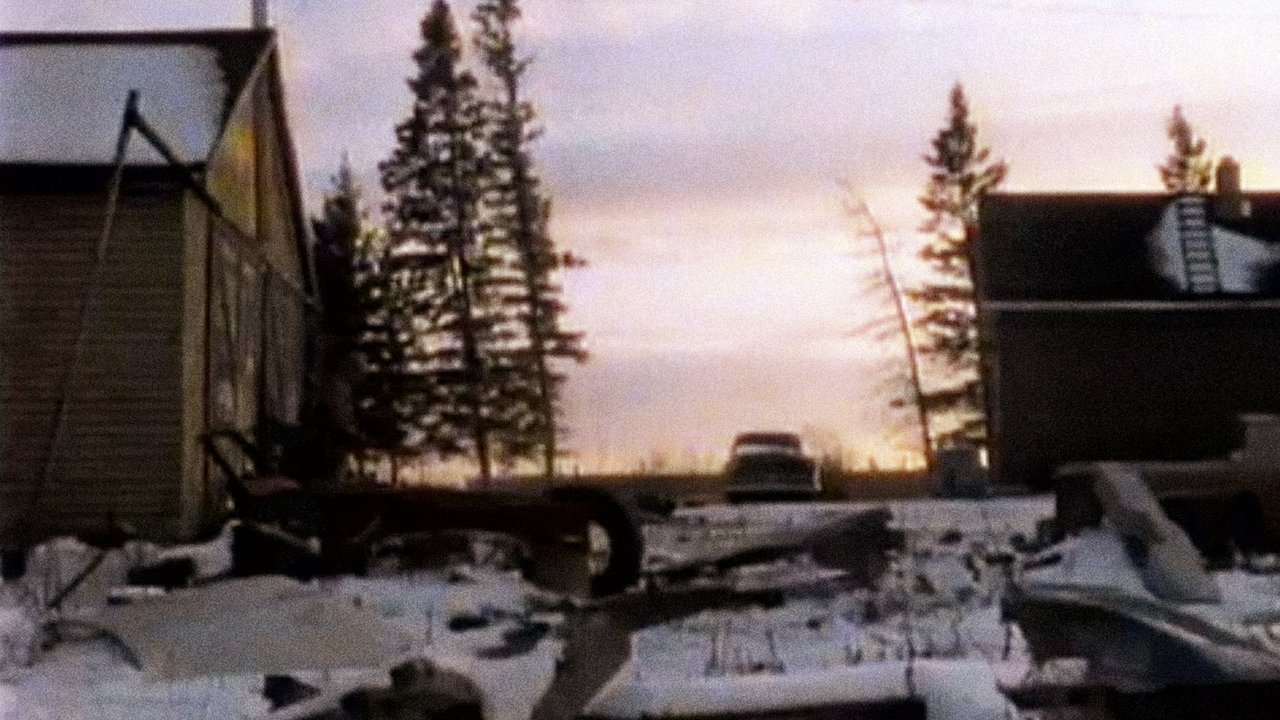
Under New Management(1981)
This film is about the francization of Québec that has taken place since the Parti Québécois won power from the Liberals in 1976. It shows how the once powerful anglophone community is now questioning its very survival. It discusses some of the motivating forces behind Québécois nationalism. The film concludes by asking if the Canadian nation can survive if neither of its major language groups is welcome in the territory of the other.

Movie: Under New Management

Under New Management
HomePage
Overview
This film is about the francization of Québec that has taken place since the Parti Québécois won power from the Liberals in 1976. It shows how the once powerful anglophone community is now questioning its very survival. It discusses some of the motivating forces behind Québécois nationalism. The film concludes by asking if the Canadian nation can survive if neither of its major language groups is welcome in the territory of the other.
Release Date
1981-01-01
Average
0
Rating:
0.0 startsTagline
Genres
Languages:
EnglishKeywords
Similar Movies
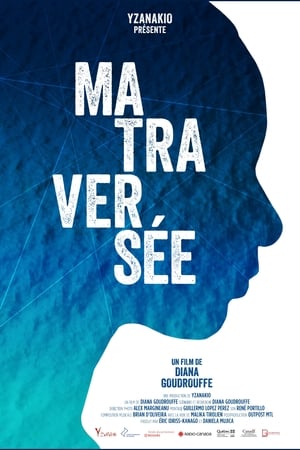 8.0
8.0Ma Traversée(fr)
Ma traversée is a personal quest, filmed over 20 years, recounting the racial issues and privileges that have punctuated the filmmaker’s life in three French-speaking societies: Guadeloupe, France and Quebec. From her own story emerges the broader narrative of colonization, colorism, assimilation, integration and the social benefits of “race” and their impact even today. Brutalized by police officers in Montreal in December 2017 in front of witnesses, the filmmaker takes a step back to understand this gesture, which speaks to the social interpretation of skin color.
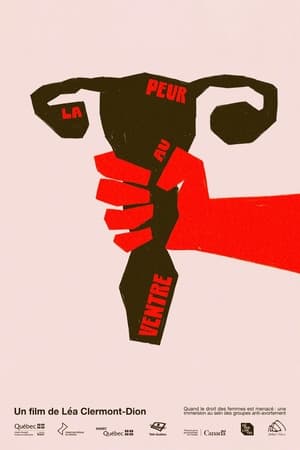 8.0
8.0La peur au ventre(fr)
Exploring the rise of anti-abortion groups in Canada, the filmmaker also presents the feminist and pro-choice response that is being organized across the country.
Ka Ke Ki Ku(fr)
This early work from Pierre Perrault, made in collaboration with René Bonnière, chronicles summer activities in the Innu communities of Unamenshipu (La Romaine) and Pakuashipi. Shot by noted cinematographer Michel Thomas-d’Hoste, it documents the construction of a traditional canoe, fishing along the Coucouchou River, a procession marking the Christian feast of the Assumption, and the departure of children for residential schools—an event presented here in an uncritical light. Perrault’s narration, delivered by an anonymous male voice, underscores the film’s outsider gaze on its Indigenous subjects. The film is from Au Pays de Neufve-France (1960), a series produced by Crawley Films, an important early Canadian producer of documentary films.
 0.0
0.0Ilnikueu(fr)
The testimonies of the Mashteuiatsh Puakuteu women's committee punctuate this intimate short film about mourning and healing. Throughout the doll-making workshops, the women share their doubts and hopes and build a space filled with strength and solidarity.
 10.0
10.0Pamplemousse(fr)
Cléo and Oscar are a couple that seems perfect in every way. During an evening with friends, the lovers end up committing an irreparable crime. They will have to maintain their appearances to face the consequences of their actions.
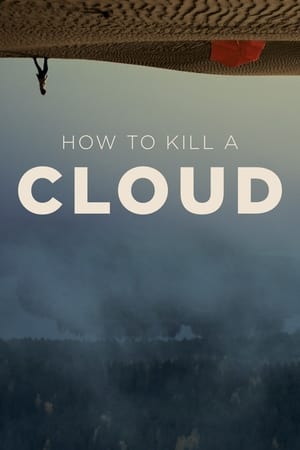 0.0
0.0How to Kill a Cloud(fi)
Scientist Hannele Korhonen has one ultimate passion: to work at the top of the atmospheric science community in the world. She wishes to be totally independent and concentrate on her science while maintaining high ethical values. Her life changes dramatically when she is awarded a 1,5 million USD research grant by the United Arab Emirates. The funder expects her to find ways to make the migratory clouds above the UAE to rain on the country suffering of drought. The opportunity to get proper funding for such a special research is perfect. Gradually she learns that the aim of the funder is to benefit one country, not science at large. Korhonen’s enthusiasm morphs into an ethical dilemma and inner conflicts.
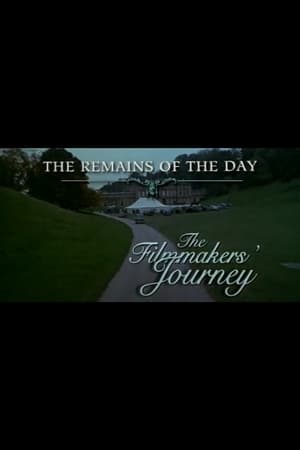 6.0
6.0The Remains of the Day: The Filmmaker's Journey(en)
A documentary about making The Remains of the Day.
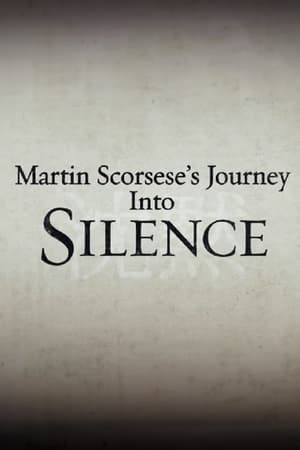 6.0
6.0Martin Scorsese's Journey Into Silence(en)
A behind-the-scenes documentary on the making of Martin Scorsese's "Silence."
 10.0
10.0Queen Victoria's Letters: A Monarch Unveiled(en)
This is the story of Queen Victoria as never heard before; a psychological insight of the woman told through her own words, her experiences recounted solely through her personal diaries and letters.
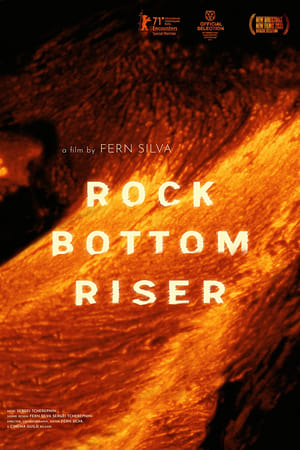 1.0
1.0Rock Bottom Riser(en)
From the earliest voyagers who navigated by starlight to the discovery of habitable planets by astronomers, Rock Bottom Riser examines the all-encompassing encounters of an island world at sea. As lava continues to flow from the earth’s core on the island of Hawaii—posing an imminent danger—a crisis mounts. Astronomers plan to build the world’s largest telescope on Hawaii’s most sacred and revered mountain, Mauna Kea. Based on ancient Polynesian navigation, the arrival of Christian missionaries, and the observatory’s ability to capture the origins of the universe, Rock Bottom Riser surveys the influence of settler colonialism, the search for intelligent life, and the discovery of new worlds as we peer into our own planet’s existence.
 7.0
7.0Lenin kam nur bis Lüdenscheid - Meine kleine deutsche Revolution(de)
The free, almost naive view from the perspective of a child puts the "68ers" in a new, illuminating light in the anniversary year 2008. The film is a provocative reckoning with the ideological upbringing that seemed so progressive and yet was suffocated by the children's desire to finally grow up. With an ironic eye and a feuilletonistic style, author Richard David Precht and Cologne documentary film director André Schäfer trace a childhood in the West German provinces - and place the major events of those years in completely different, smaller and very private contexts.
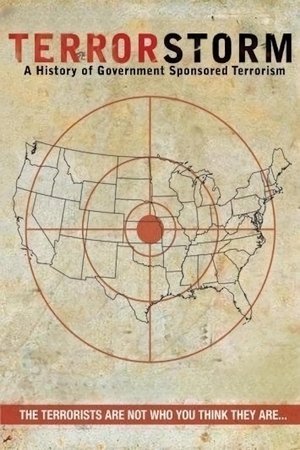 6.0
6.0Terrorstorm(en)
Throughout history, regimes have used terror attacks as a means of control over their populations, and for the last 100 years, Western governments have employed the same measures.
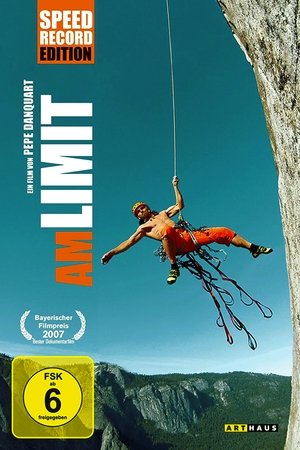 7.5
7.5To the Limit(de)
At the Limit is a documentary about extreme climbing. In this sports documentary, Pepe Danquart shows brothers Thomas and Alexander Huber climbing in Patagonia and on the granite rock "El Capitan" in Yosemite Valley (USA). A key part of the film is their attempt at a speed ascent of the 1,000-meter-high route "The Nose," in which the two athletes aim to break the then speed record of 2:48:30 hours, set by Hans Florine and Yuji Hirayama in September 2002.
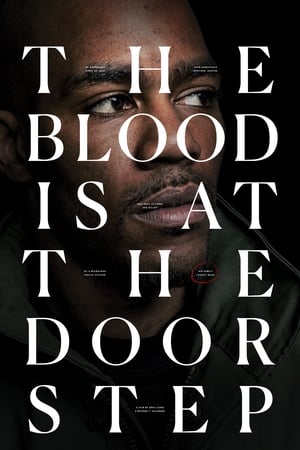 6.5
6.5The Blood Is at the Doorstep(en)
After Dontre Hamilton, a black, unarmed man diagnosed with schizophrenia, was shot 14 times and killed by police in Milwaukee, his family embarks on a quest for answers, justice and reform as the investigation unfolds.
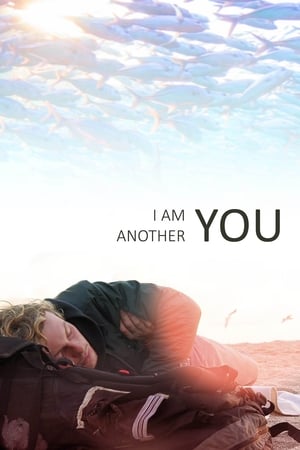 7.6
7.6I Am Another You(en)
Through the eyes of a young drifter who rejects society's rules and intentionally chooses to live on the streets, Chinese filmmaker Nanfu Wang explores the meaning of personal freedom – and its limits.
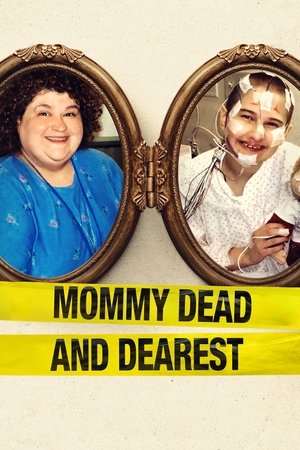 7.4
7.4Mommy Dead and Dearest(en)
Child abuse, mental illness, and forbidden love converge in this mystery involving a mother and daughter who were thought to be living a fairy tale life that turned out to be a living nightmare.
